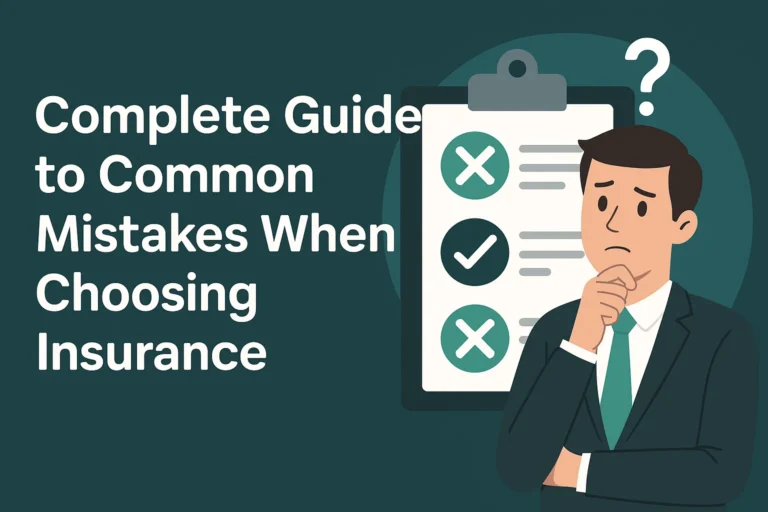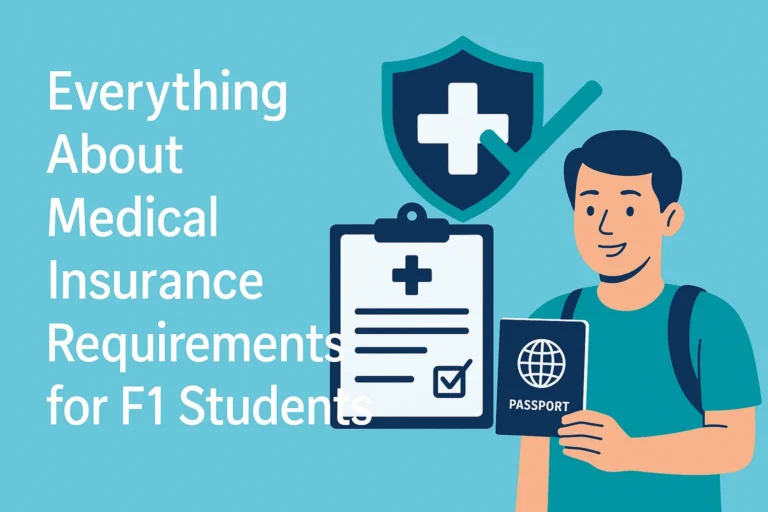When choosing a credit card, most people focus on cashback, rewards, or travel perks. However, there is one overlooked benefit that can provide tremendous value and security: credit cards with insurance protection. These types of cards can cover everything from travel mishaps to purchase protection, giving cardholders peace of mind and financial safety.
In this guide, we’ll take you through everything you need to know about credit cards offering insurance, how to compare them, and how to avoid common mistakes. Whether you’re a frequent traveler or just looking for some added consumer protection, this resource will help you make the best decision for your wallet and lifestyle.
Understanding Credit Cards with Insurance Protection
Credit cards that include insurance benefits are designed to offer more than just transactional convenience. These cards often bundle various types of insurance coverages into your account as long as you use the card to pay for qualifying items or services. While they may come with an annual fee, the built-in protections can potentially save you hundreds or thousands of dollars.
The most common types of coverage include travel insurance, rental car insurance, purchase protection, and extended warranty protection. Depending on the card, you may also get trip cancellation insurance, lost luggage reimbursement, and cell phone protection. Each of these services serves to reduce the financial risks involved in everyday spending or specific activities.
It’s essential to read the fine print. Not all protections are automatic; some require you to register purchases or trips, and coverage limits vary significantly between providers. Also, not all claims are accepted easily — documentation and proof of incident are almost always required.
In general, premium credit cards from reputable issuers (such as Chase, American Express, and Capital One) are more likely to offer robust insurance protection, but there are also mid-tier options that deliver impressive benefits at no annual fee.
Top Credit Cards Offering Insurance Protection
1. Chase Sapphire Preferred® Card
Best for travel coverage. Includes trip cancellation, delay reimbursement, lost luggage, and primary rental car coverage.
2. American Express Gold Card
Offers purchase protection and extended warranty, plus secondary travel insurance benefits. Great for frequent shoppers and diners.
3. Capital One Venture Rewards Credit Card
Provides travel accident insurance, rental car insurance, and more. Ideal for travelers wanting flat-rate miles and solid protection.
4. Citi Premier® Card
Includes purchase protection and trip cancellation coverage. Best for point accumulation and international travel.
5. Bank of America® Premium Rewards®
Gives cardholders trip delay reimbursement, emergency evacuation coverage, and other luxury benefits.
6. Wells Fargo Autograph℠ Card
Features cell phone protection and basic travel coverage. No annual fee option.
7. U.S. Bank Altitude® Connect Visa Signature® Card
Includes travel insurance and purchase protection with robust mobile wallet compatibility.
Common Mistakes and How to Avoid Them
Not Reading the Terms
Many users assume insurance coverage is automatic and comprehensive. Always read the policy guide. It details what’s covered and what’s excluded.
Failing to Use the Card for the Purchase
If you don’t use the credit card to pay for the item or trip, the protection won’t apply. Ensure eligible purchases are made using the correct card.
Ignoring Claim Deadlines
There are strict deadlines for filing a claim. Missing them could void your eligibility. Set reminders or submit documents promptly.
Assuming Coverage Is Unlimited
Each insurance type has a maximum claim limit. For example, lost luggage might only cover $3,000. Know your policy’s limits to avoid surprises.
Using the Wrong Type of Coverage
Some cards offer secondary coverage (especially with rental cars), meaning your primary insurance applies first. Choose cards with primary coverage for better benefits.
Comparison Tables
| Card | Trip Cancellation | Lost Luggage | Rental Car Insurance |
|---|---|---|---|
| Chase Sapphire Preferred | Yes | Yes | Primary |
| Amex Gold | Limited | No | Secondary |
| Capital One Venture | No | Yes | Primary |
| Card | Purchase Protection | Warranty Extension |
|---|---|---|
| Amex Gold | 90 Days | 1 Year |
| Citi Premier | 120 Days | 1 Year |
| Wells Fargo Autograph | 60 Days | None |
Frequently Asked Questions
1. Are credit card insurance benefits free?
Generally, yes — they are included as part of the card’s perks if you meet the eligibility criteria like using the card for the transaction.
2. Do I need to activate the insurance manually?
Most protections are automatic once you make a qualifying purchase, but some cards require registration or additional steps.
3. Can I use my credit card’s travel insurance instead of buying separate coverage?
It depends on the extent of your trip and the card’s policy. For short domestic trips, the card might be enough. For long international travel, separate coverage could still be wise.
Conclusion and Call to Action
Using a credit card with insurance protection can be a smart financial move. From travel to tech purchases, these cards provide layers of security that traditional methods often overlook. But not all cards are created equal, and understanding the differences is key to maximizing your benefits.
Review the coverage details of your current card, and if you’re not getting the protection you deserve, it might be time to upgrade. For more tips, check out Best Ways to Use Credit Card Travel Insurance or How to Maximize Your Purchase Protection.
Ready to take control of your finances and travel smarter? Explore top-rated cards from trusted institutions by visiting NerdWallet or Bankrate.






